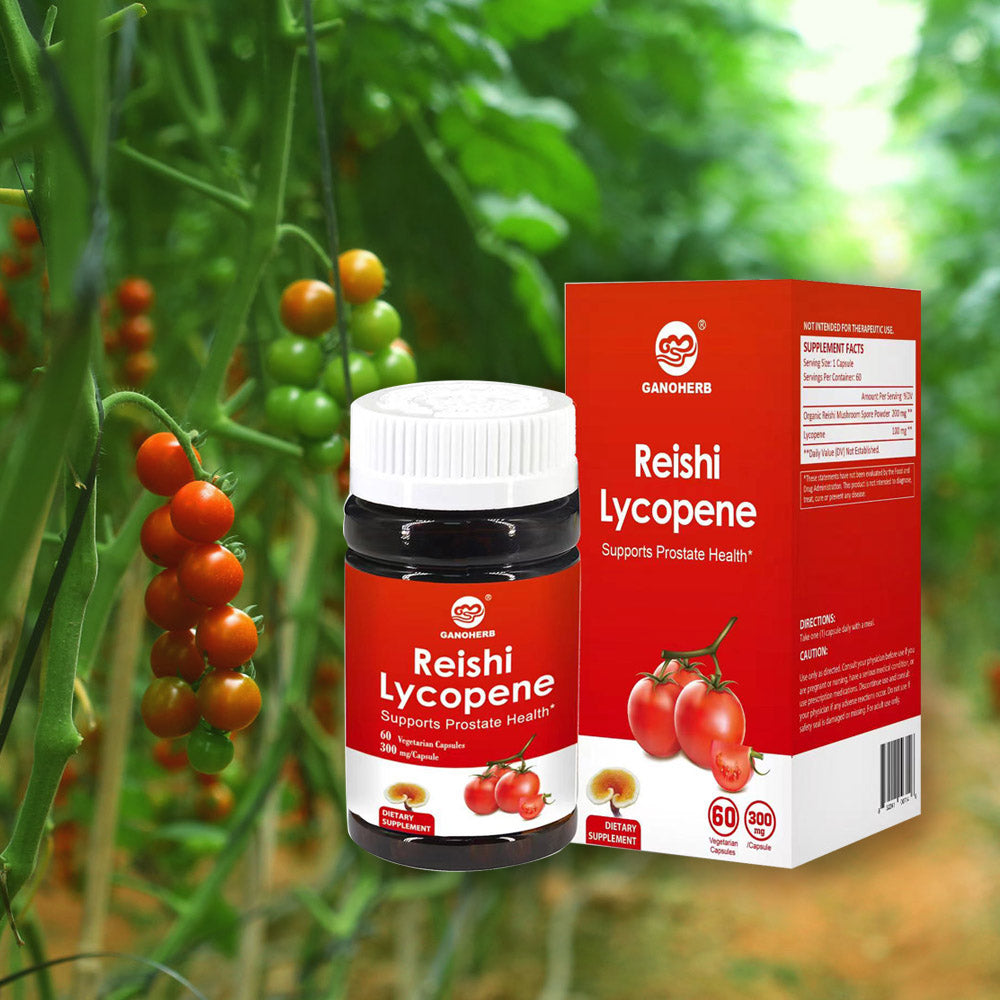Reishi For White Dew
White Dew Arrives, Bringing Coolness; Embrace Seasonal Wellness with Reishi
As the cool air thickens, dew condenses and turns white—hence the name White Dew.
White Dew is the third solar term of autumn and the time of year with the greatest temperature difference between day and night.
During this season, many people choose to nurture both the body and mind in harmony with the changing weather, often paying attention to practices that support overall balance.
Three Seasonal Tips for White Dew
▪️ Sip Tea:
Spring tea is bitter, summer tea is astringent; if you want good tea, turn to autumn White Dew.
White Dew tea is deeply favored by seasoned tea drinkers as part of the seasonal rhythm.
▪️ Soak Your Feet:
As the weather cools after White Dew, soaking your feet in the evening is a traditional practice believed to help promote relaxation and circulation.
▪️ Nourish the Lungs:
With drier air in autumn, it’s common to incorporate moistening and balancing foods into the diet, such as:
Autumn pears
Lily bulbs
Japonica rice
Job’s tears (coix seed)
These are often paired with Reishi, which has been used in traditional contexts to support respiratory comfort and overall balance.*

After White Dew, oranges turn gold and mandarins green—it’s the perfect season for both.
Why not slow down on a mild afternoon and enjoy a warm cup of Reishi tea?
In traditional practice, Red Reishi is regarded as supportive to the body’s natural defenses, while Purple Reishi is valued for helping to calm the spirit.
Breathe in the gentle aroma of Reishi and embrace the beauty of autumn in tranquility.
*These statements have not been evaluated by the Food and Drug Administration. This product is not intended to diagnose, treat, cure, or prevent any disease.











